Queendom director remembers being arrested in Russia while filming: ‘It became more than a film’
Exclusive: Director Agniia Galdanova talks with Attitude about her film and how it takes on a form of protest

Throughout Queendom, Russian activist and artist Gena Marvin uses their body as a canvas for defiance. Homemade, couture looks range from being wrapped in the sequential colours of the Russian Federation flag to being semi-naked and wrapped tightly in barbed wire, all in protest of the LGBTQ+ community’s treatment in Putin’s Russia.
Agniia Galdanova’s intrepid documentary begins as a portrait of an unconventional artist but morphs into a powerful documentation of protest. Simultaneously, Gena’s public performances grow more otherworldly, evocative, and radical.
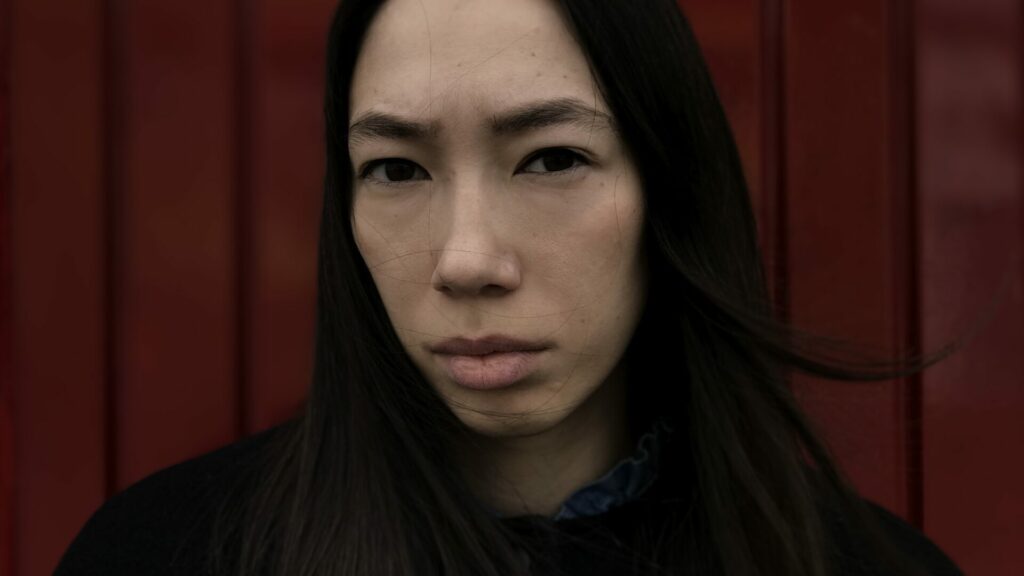
However, the 21-year-old’s actions aren’t without risk. Gena is threatened in the street, their grandparents’ love wanes, and their freedom may be snatched at any moment. From Magadan to Moscow, Gena resists the stifling culture with a hard-fought resilience: “No one, even here in Russia, can scare me.”
Attitude spoke to Galdanova about her creative relationship with Gena, being arrested while filming, and the lingering hope for understanding.
“Many people criticise Gena’s performances as provocation but it’s a provocation we need” – Queendom director, Agniia Galdanova
What was the starting point for this documentary?
It was going to be a docu-series about Russian drag in unknown hidden places in Russia where you wouldn’t think there were queer clubs. Then I met Gena and realised I didn’t need other protagonists. In many ways, especially in Russia, the focus is on problems and disadvantages, but I wanted to make something beautiful visually and meaningful in terms of joy.
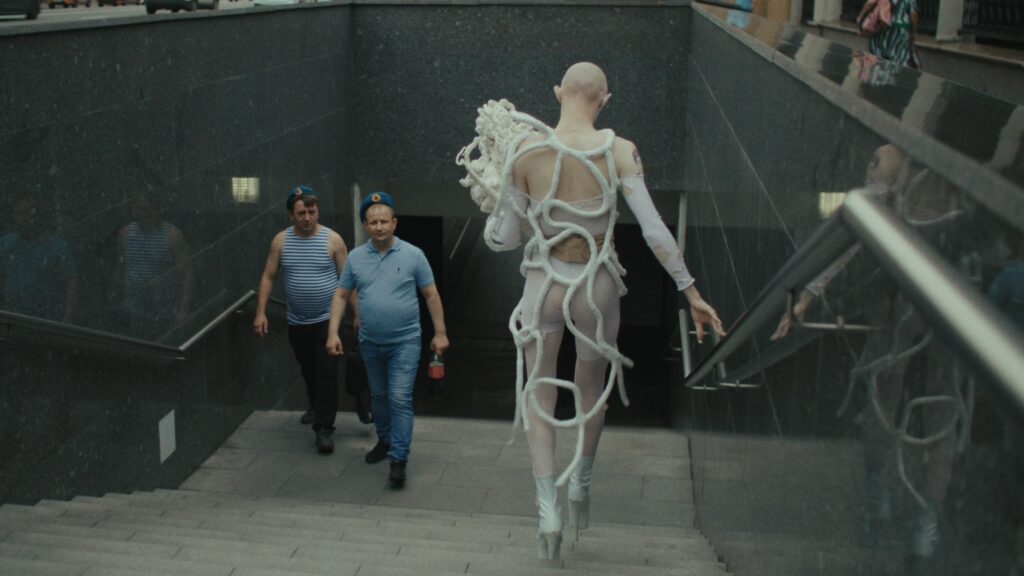
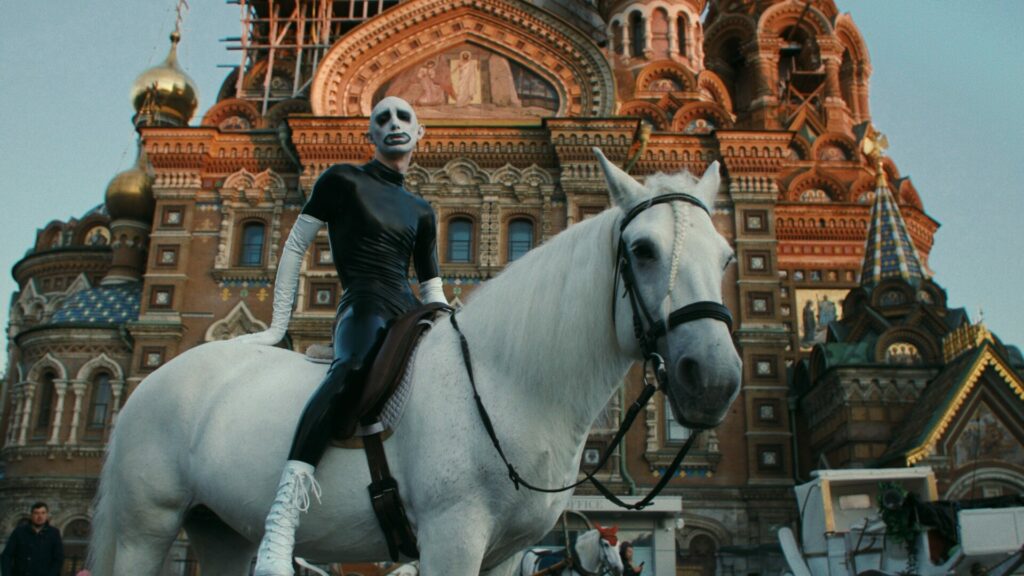
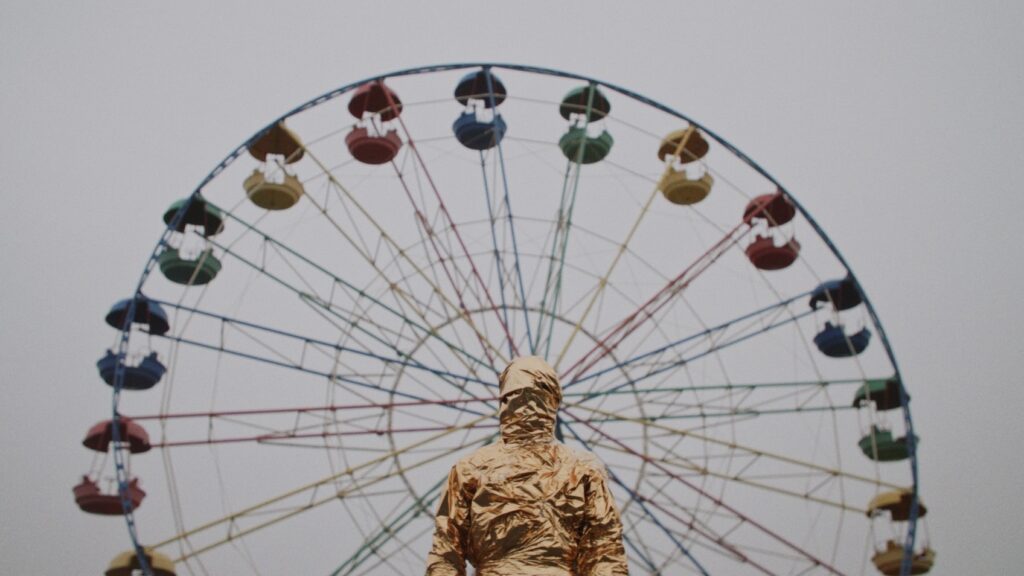
“Queendom was supposed to be made for a Russian audience to inspire a younger generation” – Queendom director, Agniia Galdanova
There are a lot of discussions about art being inherently political with Gena’s performance, but how did the relationship between art and political activism interact for you in making this film?
I’m an activist in many forms. In Russia, there were better times when we got this breath of freedom which has now been taken away so when Gena started to show more interest in political things, it was amazing.
Many people criticise Gena’s performances as provocation but it’s a provocation we need, it’s a wake-up call. If you’re scared of these sorts of costumes maybe you need to go and read more and educate yourself, improve your critical way of thinking.
That natural move into activism from Gena also meant you became embedded in protests, like when you filmed Gena being arrested. How was that experience from your perspective?
We had an agreement with Gena that whatever bad happened we would stay together so when she was arrested, I got arrested too. I screamed “no to war” and the police were against the phrase. Now, I think it’s even forbidden to say in Russia.
We both got arrested and for me, it was not a question of doing it or not because this became more than a film for both of us. We became very close and I’d never leave a friend in a situation like that.
“It’s nice through this film we can connect and bring some understanding” – Queendom director, Agniia Galdanova
The documentary also depicts heavy trauma in Gena’s life, what was your sensitivity with what to, and what not to, include in the film?
As a film crew, it was difficult to be there when Gena was fighting with her grandfather. It was hurtful to hear what he was able to tell her. It’s clear that there was a huge love but neither Gena nor her grandfather would accept each other.
It seems there’s a universal gap between generations. Now the film’s travelled to many places, I hear the same thing from the audience: “We have the same situation at home.” It’s scary to hear that but it’s nice through this film we can connect and bring some understanding.
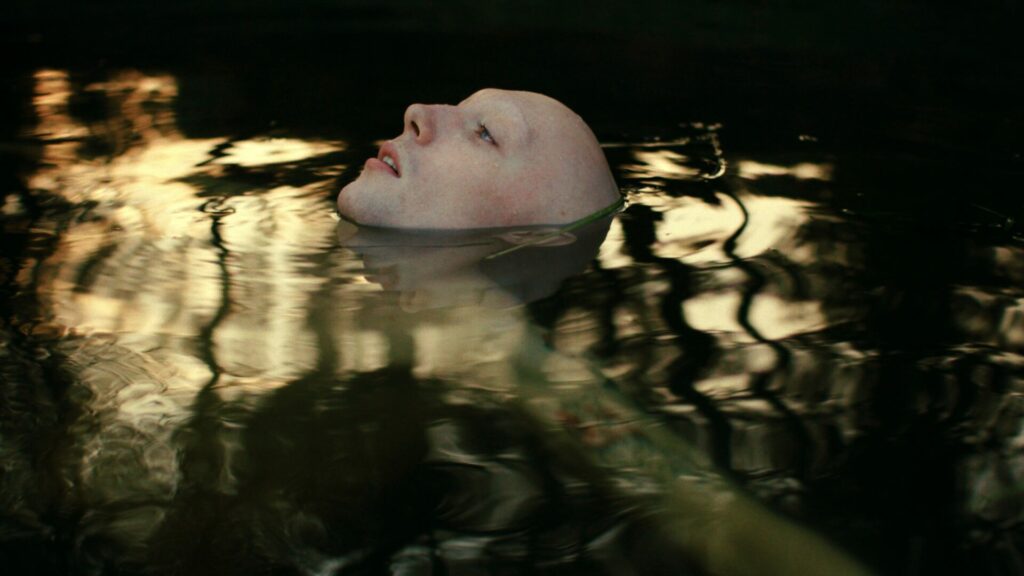
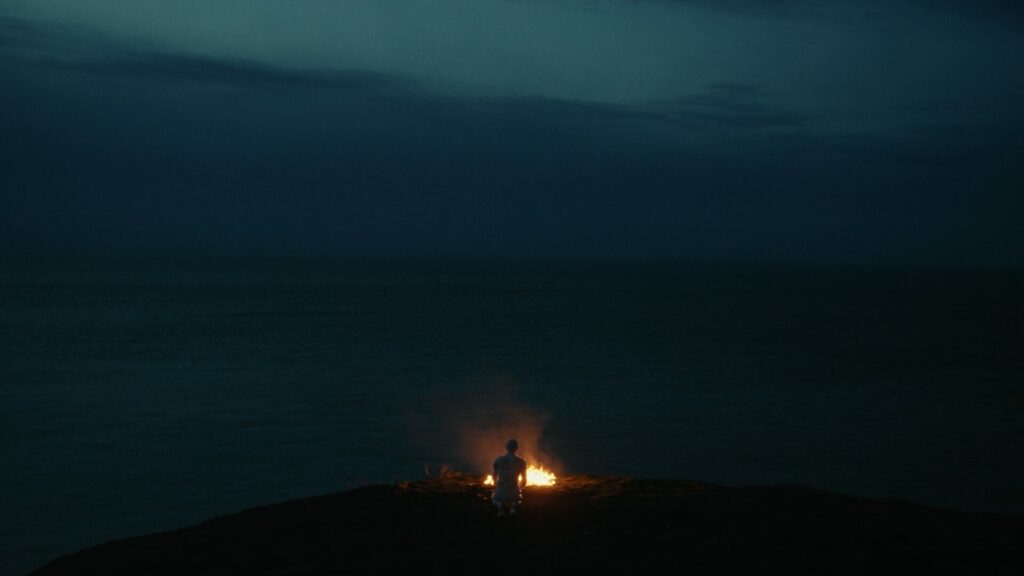
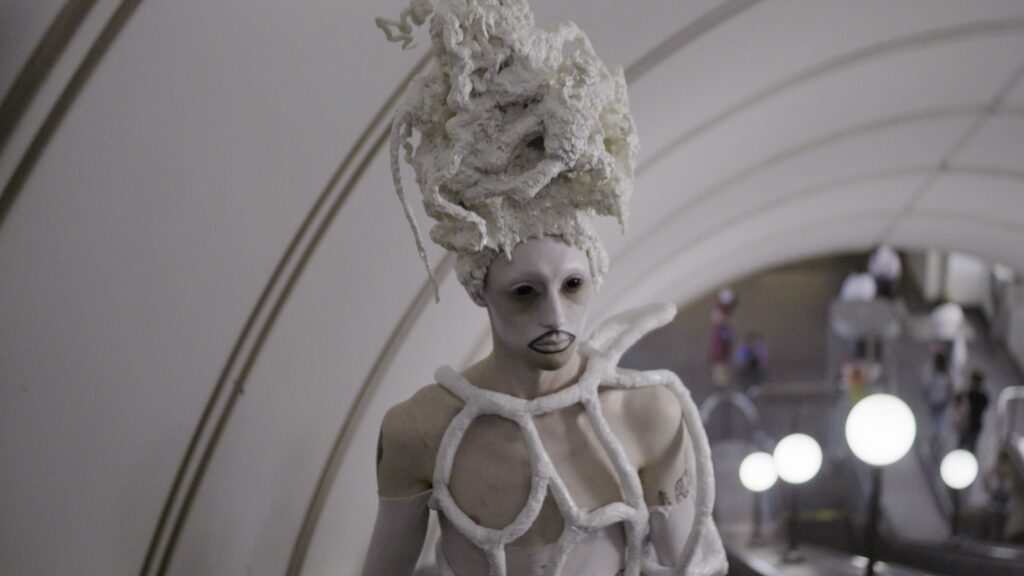
The conventional documentary flow is interrupted with scenes of Gena’s artistic performances, why did you want to include these visually creative moments?
I’ve never talked about it this way but in the beginning, we didn’t have this idea. The first one we shot Gena on this Mars-like surface with a mask with horns [she] was so beautiful that I couldn’t resist and we did a shot in slow-motion. When we saw it in editing it was like treasure! From there, we started to plan other bits of performances and it’s a collaboration between me and Gena.
“It’s very important to fight for who we are and the right to be who we want to be” – Queendom director, Agniia Galdanova
There are a lot of layers in this documentary, one of them being the Russia-Ukraine war – how did you balance attention between these simultaneous topics?
I was conscious about all the threads concerning LGBTQIA+ people in Russia but nobody could predict we were going to live through a war. But when [the invasion] happened, we agreed with Gena to keep filming and we didn’t think we were going to leave. We had to make decisions in 2 weeks, Gena had to quit so many things also myself, I left my whole life there.
Are you going to screen the film in Russia?
That’s one of my dreams because Queendom was supposed to be made for a Russian audience to inspire a younger generation but also to educate an older generation, like Gena’s grandfather. I hope next year we’re going to be able to put it online but we need to be careful not to expose all the people that are still there.
What do you hope people take from the film?
To speak up for themselves. It’s very important to fight for who we are and the right to be who we want to be. Gena is a nice example of doing that. I wish that it would be more helpful than just an idea but sometimes it’s needed to project off a story.
Queendom is in UK cinemas and On Demand from December 1st.
